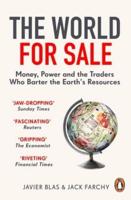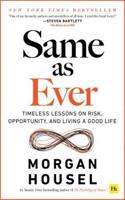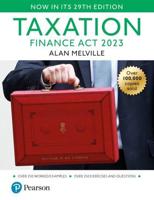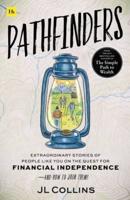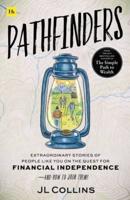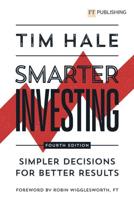Publisher's Synopsis
The Gulf Cooperation Council region faced a significant economic toll from the COVID-19 pandemic and oil price shocks in 2020. Policymakers responded to the pandemic with decisive and broad measures to support households and businesses and mitigate the long-term impact on the economy. Financial vulnerabilities have been generally contained, reflecting ongoing policy support and the rebound in economic activity and oil prices, as well as banks entering the COVID-19 crisis with strong capital, liquidity, and profitability. The banking systems remained well-capitalized, but profitability and asset quality were adversely affected. Ongoing COVID-19 policy support could also obscure deterioration in asset quality. Policymakers need to continue to strike a balance between supporting recovery and mitigating risks to financial stability, including ensuring that banks' buffers are adequate to withstand prolonged pandemic and withdrawal of COVID-related policy support measures. Addressing data gaps would help policymakers to further assess vulnerabilities and mitigate sectoral risks.


